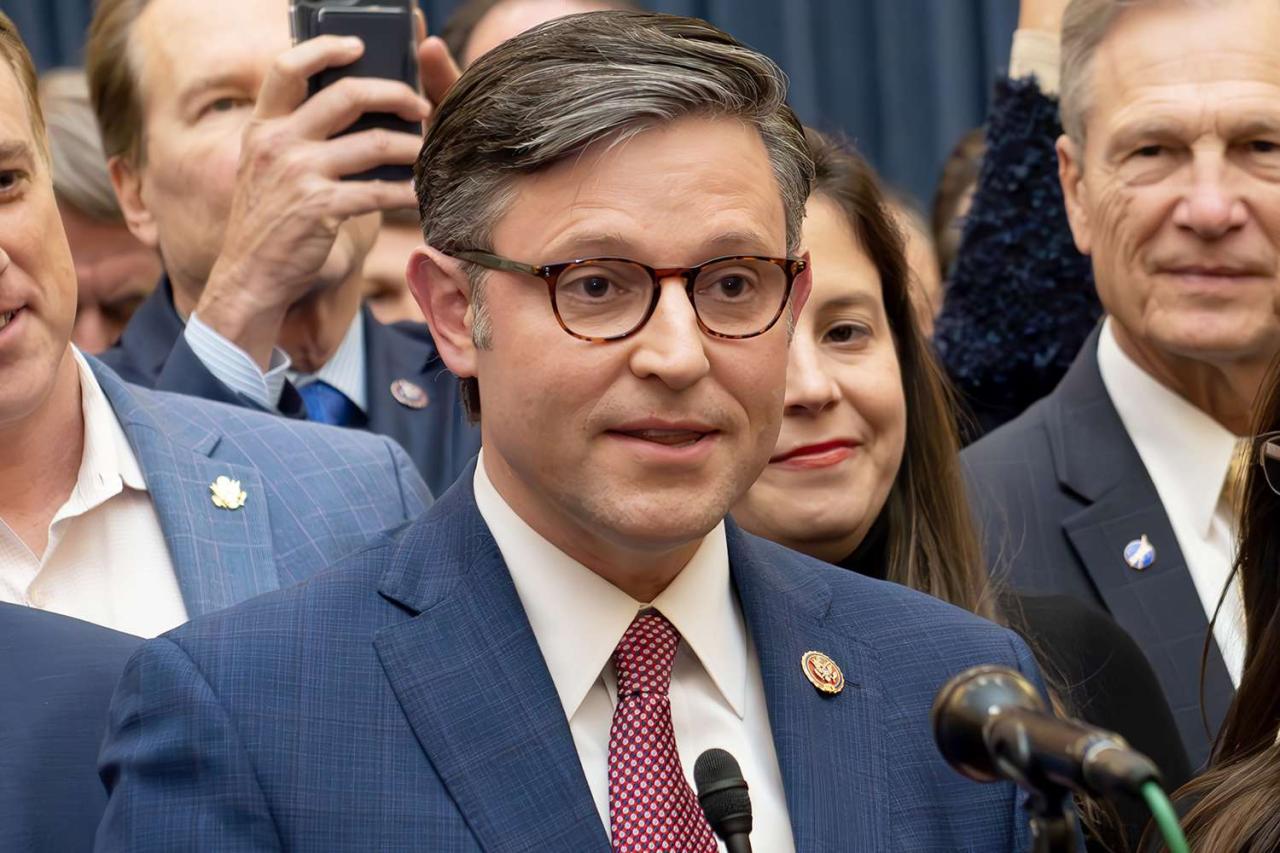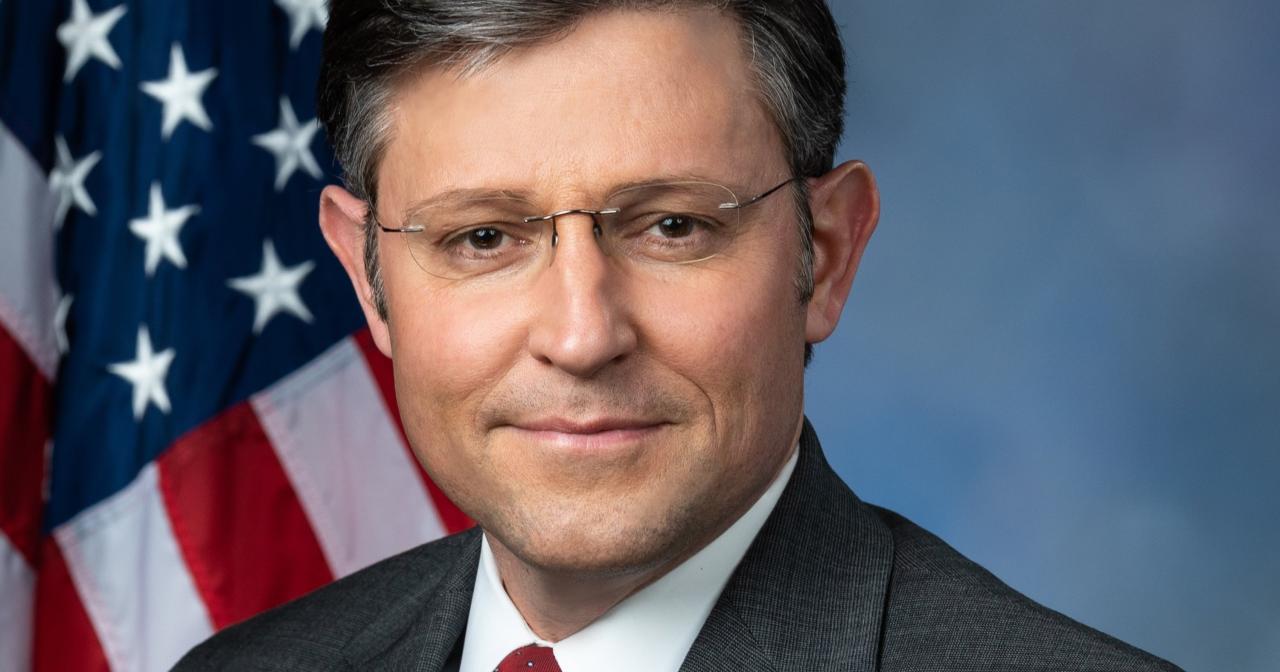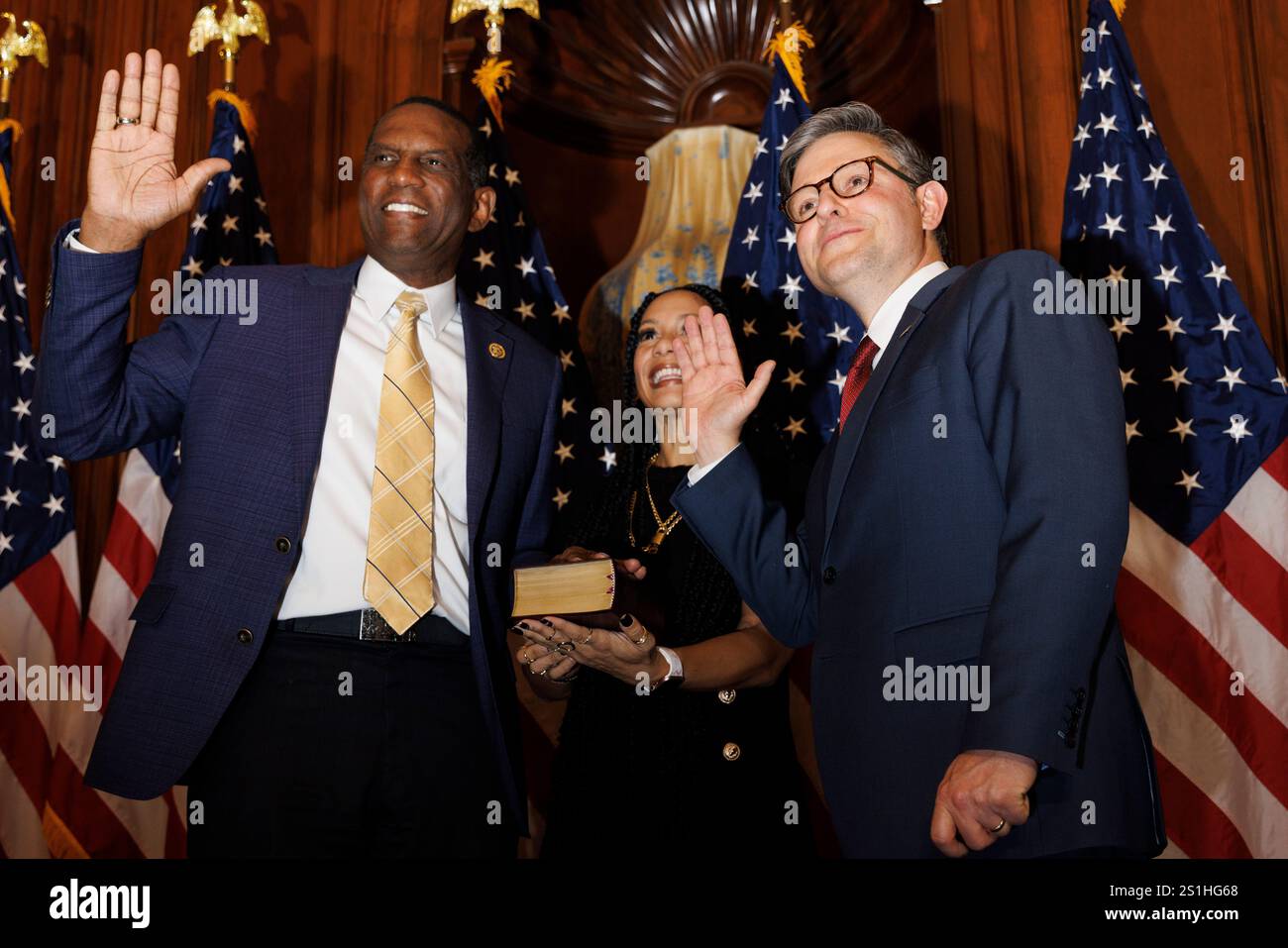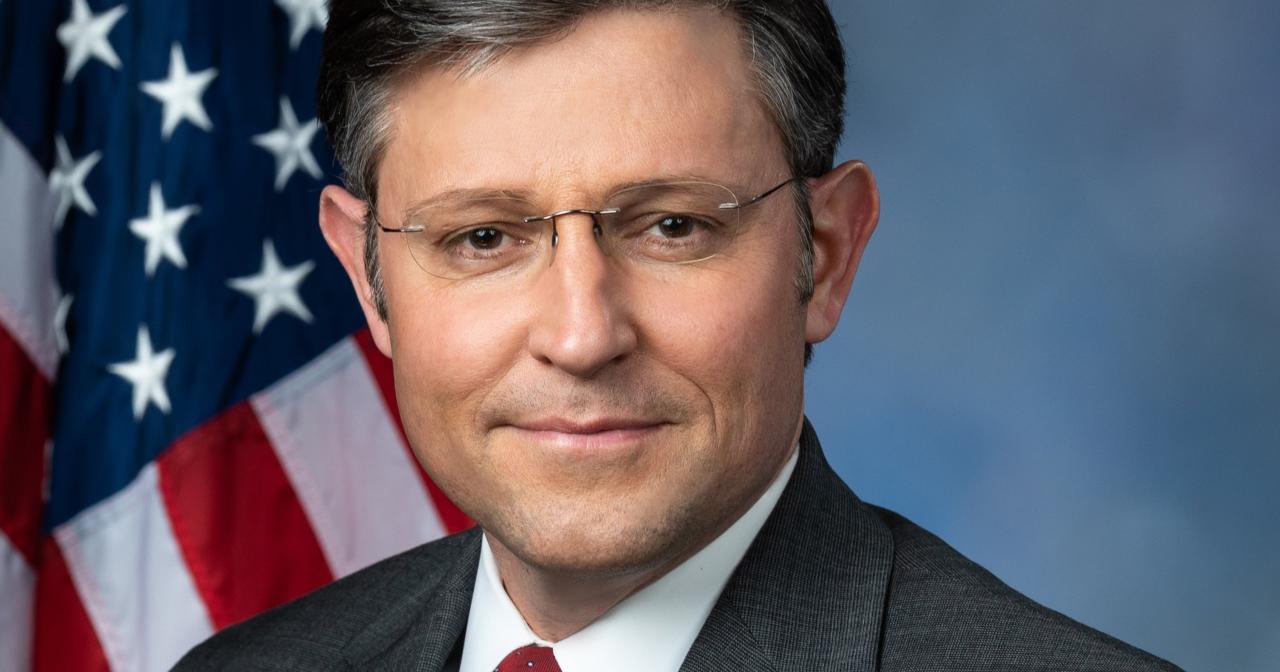États-Unis : Mike Johnson réélu à la présidence de la Chambre des represents a significant moment in American politics. This re-election wasn’t a simple formality; it unfolded against a backdrop of intense political maneuvering, revealing deep divisions and alliances within the Republican party and highlighting the challenges facing the incoming legislative session. We’ll explore the key players, the strategic battles waged, and the potential consequences for both domestic policy and US foreign relations.
Johnson’s victory, while seemingly straightforward, offers a fascinating case study in contemporary American politics. Analyzing the lead-up to the election, the strategies employed by various factions, and the immediate aftermath reveals much about the current state of political polarization and the potential for legislative gridlock or productive collaboration in the coming years. His policy positions, compared to other key figures in the House, will be a key factor in shaping the direction of the nation.
Mike Johnson’s Re-election as House Speaker: An Analysis

The re-election of Mike Johnson as Speaker of the House represents a significant event in US politics, shaping the legislative landscape and influencing both domestic and foreign policy. This analysis delves into the political context surrounding the election, its implications for various policy areas, public perception, and the role of political parties.
Mike Johnson’s Re-election: Political Context
The House Speaker election unfolded against a backdrop of intense political polarization. The Republican party, despite holding a majority, faced internal divisions, making the election far from guaranteed. Key players included various factions within the Republican party, each vying for influence and control over the legislative agenda. The Democrats, while in the minority, played a strategic role in influencing the outcome, though their options were limited.
Compared to previous Speaker elections, this one highlighted the increasing fragmentation within the Republican party and the difficulty of achieving consensus within a narrowly divided House. The relatively smooth re-election of Johnson, in contrast to the protracted battles of previous years, suggests a degree of consolidation, at least for the time being.
So, Mike Johnson’s back as Speaker of the House in the US – a pretty big deal politically. Meanwhile, in the world of sports, it’s a different kind of deal altogether: check out this news on the baseball front, O’s agree to 1-year deal with veteran SP Charlie Morton , which is pretty exciting for Orioles fans.
Back to US politics, Johnson’s reelection definitely sets the stage for some interesting legislative battles ahead.
A timeline of significant events includes: [Insert specific dates and events leading up to and including the election].
Implications for US Domestic Policy

Johnson’s re-election will likely impact key domestic policy areas significantly. His leadership is expected to prioritize certain legislative initiatives while potentially hindering others. The upcoming budget process will be a crucial testing ground for his ability to navigate partisan divisions and secure passage of key legislation.
So, Mike Johnson’s back as Speaker of the House in the US – big news stateside. It’s a pretty different story up north, though; check out this game recap if you’re a hockey fan: Call of the Wilde: Montreal Canadiens fall to Blackhawks in Chicago. Meanwhile, back in the US political arena, the implications of Johnson’s reelection are still unfolding.
| Policy Area | Johnson’s Stance | Alternative Stance (e.g., Key House Republican) | Alternative Stance (e.g., House Democrat) |
|---|---|---|---|
| Tax Reform | [Insert Johnson’s position on tax reform] | [Insert position of a key Republican figure] | [Insert position of a key Democratic figure] |
| Healthcare | [Insert Johnson’s position on healthcare] | [Insert position of a key Republican figure] | [Insert position of a key Democratic figure] |
| Infrastructure Spending | [Insert Johnson’s position on infrastructure spending] | [Insert position of a key Republican figure] | [Insert position of a key Democratic figure] |
International Relations and Foreign Policy Ramifications, États-Unis : Mike Johnson réélu à la présidence de la Chambre des
Johnson’s re-election will likely influence US foreign policy, particularly in terms of the House’s approach to international cooperation and engagement with key allies and adversaries. His leadership might shape the debate on various global challenges, such as climate change, economic competition, and security issues. While the President and Senate hold significant sway over foreign policy, the House Speaker’s influence on the legislative process can be substantial.
A hypothetical scenario: Increased tensions with [Country X] over [Issue Y]. Johnson’s leadership could lead to [Potential House response], impacting the overall US strategy towards [Country X].
Public Opinion and Media Coverage

Public reaction to Johnson’s re-election was mixed, reflecting the deep partisan divisions in the country. Polls and surveys showed [Insert relevant polling data, if available]. Media coverage varied significantly, with conservative outlets generally praising the outcome and liberal outlets expressing concerns. For example, [News Outlet A] framed the re-election as [Summary of their framing], while [News Outlet B] offered a contrasting perspective, highlighting [Summary of their framing].
Statements from political figures reflected these differing viewpoints.
- Prominent narrative 1: [Summary of a major media narrative]
- Prominent narrative 2: [Summary of another major media narrative]
- Prominent narrative 3: [Summary of a third major media narrative]
The Role of Political Parties
Both the Republican and Democratic parties played crucial roles in the Speaker election, employing diverse strategies to shape the outcome. Internal divisions within the Republican party were particularly evident, with various factions competing for influence. Party discipline and factionalism significantly influenced the process. The Democrats, while lacking the numbers to win, used their leverage strategically to shape the negotiations.
Visual Representation of Party Dynamics: Imagine a chart with two main branches, one for Republicans and one for Democrats. Within each branch, smaller branches represent different factions or ideologies, with their relative size indicating their influence. Arrows could indicate alliances or conflicts between different factions.
So, Mike Johnson’s back as Speaker of the House in the US – big news, right? Completely different news, but while we’re talking about injuries, check out this report: Canucks: Dakota Joshua leaves game with apparent leg injury. Hopefully, Joshua’s okay, but back to US politics, Johnson’s reelection definitely sets the stage for some interesting times ahead.
Final Conclusion
Mike Johnson’s re-election as Speaker of the House marks a pivotal moment, setting the stage for significant policy decisions impacting both domestic and international affairs. The path ahead is uncertain, with the potential for both significant legislative achievements and frustrating gridlock. Analyzing the political dynamics, the interplay of party interests, and the public’s reaction provides crucial insights into the current state of American politics and its future trajectory.
The coming months will be critical in determining whether Johnson can effectively navigate the complex challenges facing the nation and unite a deeply divided Congress.
Commonly Asked Questions: États-Unis : Mike Johnson Réélu à La Présidence De La Chambre Des
What are some of the biggest challenges facing Speaker Johnson?
Maintaining party unity, navigating deep partisan divides, and passing a budget are among the significant hurdles.
How did public opinion react to Johnson’s re-election?
Public reaction was largely divided along partisan lines, with strong support from Republicans and criticism from Democrats.
What is the significance of this election compared to previous Speaker elections?
This election highlights the increasing polarization within the Republican party and the challenges of forming a governing coalition in a deeply divided Congress.
